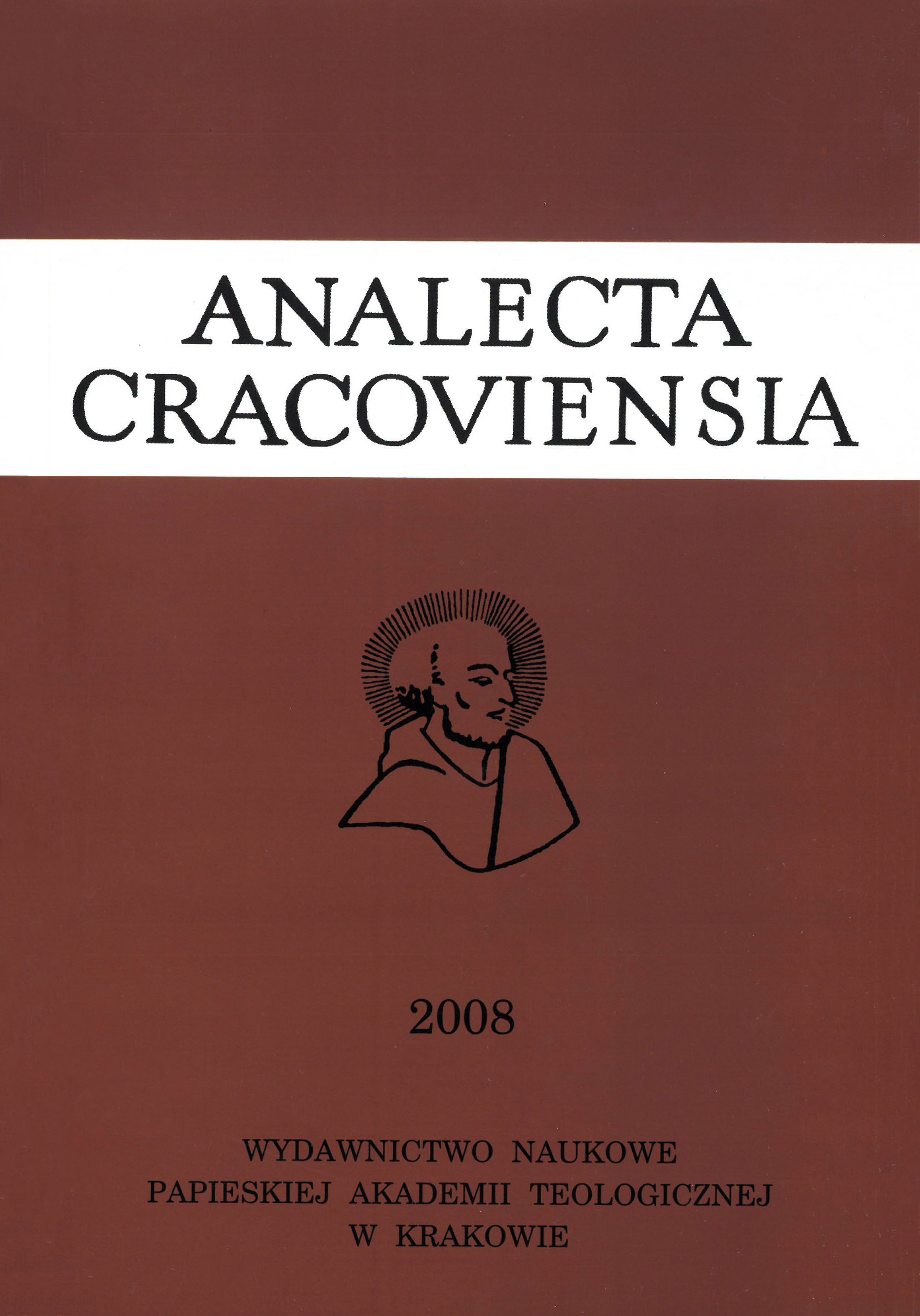Przekroczyć nieoznaczoność. Relacje nauka – religia w myśli Wernera Heisenberga
DOI:
https://doi.org/10.15633/acr.4003Abstrakt
Although the scientific milieu of the first part of the 20th century is marked by the strong influence of neopositivism, prominent physicists such as Werner Heisenberg, Wolfgang Pauli and Niels Bohr stressed the necessity to transcend human sensorial cognition in quest for the ultimate sense of things and the source of the ethical values of human conduct. In particular, this comes to the fore in the context of the relations between science and religion. The stance of Werner Heisenberg in regards to this issue reveals his deep philosophical insight with emphasis on the role of the common sense language in the symbolic discourse of the traditional religions. The advent of the new scientific method in the 17th, that revolutionized the antique picture of the world, led to the final breakdown of the adequacy of the common sense language in the scientific description of the physical reality. According to Heisenberg, the relations between science and religion become most visible with the resulting loss of the symbolic religious discourse whereby access to the ethical values is hindered.
Pobrania
Opublikowane
Numer
Dział
Licencja
Prawa autorskie (c) 2022 Wojciech Piotr Grygiel

Praca jest udostępniana na licencji Creative Commons Attribution-NonCommercial-NoDerivatives 3.0 Unported License.
Obecnie autorzy publikujący w czasopiśmie udzielają jego wydawcy zgody o następującej treści:
- Autor zachowuje autorskie prawa majątkowe do utworu, a jednocześnie udziela wydawcy czasopisma zgody na jego pierwszą publikację w wersji drukowanej i wersji online na licencji Creative Commons Uznanie autorstwa 4.0 Międzynarodowe oraz zgody na wykonywanie opracowań, w tym przekładów.
- Autor ma możliwość udzielania zgody niewyłącznej na opublikowanie utworu w wersji, która ukazała się w czasopiśmie (np. zamieszczenia go w repozytorium instytucjonalnym lub opublikowania w książce), wraz z informacją o jego pierwszej publikacji w czasopiśmie.
- Autor może umieścić swój utwór online (np. w repozytorium instytucjonalnym lub na swojej stronie internetowej) jeszcze przed zgłoszeniem utworu do czasopisma.

